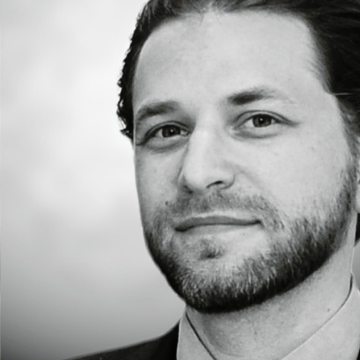3 mins read

Read Dr Jack Kreindler’s guest blog for UKAS on his experience in working towards ISO 15189 accreditation.
Related topics
What I learned from one of the hardest things I’ve ever done, professionally – accreditation for ISO 15189:
For almost every normal human getting ISO accreditation is most probably the least exciting thing to shout from the rooftops of about. However, this is, dare I say so myself, an example of how sheer grit, hustle and hacking can achieve extraordinarily hard things.
We all tried new stuff / did long overdue stuff during COVID. Sour-dough bread making… Learning the piano… Watching every episode and spin-off of StarWars… etc. Building an ISO accredited Medical Laboratory and Point of Care Testing service? No. I did not realise you should put aside 1-2 human-years of work including a bunch of experts, to build a Quality Management System (‘QMS’ = expensive software) and much more. I figured that this should not be as hard at learning the piano age 46 (did that too, badly). It was. I ended up coding a QMS myself using and lots of zaps and tricks all in Google Docs – which works really well and is basically free and totally compliant which was met with praise by UKAS (the amazingly generous and diligent folk in charge of all accreditation in the UK), writing Policies, Objectives, Audit templates, Training manuals, Logs and logs and more logs, CAPA incident management frameworks, and a whole load of other things that live under codes like 5.4.13.2.1.212 which make learning the digits of Pi to a thousand decimal places seem like a walk in the park.
What did I learn? Quality is something that I thought I knew all about being a doctor and running clinics. But no. Quality and good Quality Management Systems, as far as International Standards go, are a whole different level of hard to achieve and hard to maintain. ISOs don’t achieve perfection, they perfect achieving improvement of services that users really need, ever fewer incidents, continually learning from errors in a structured no-blame way, and a damn good system knowing exactly where to find precise descriptions of who’s supposed to do what when in all kinds of situations. Such systems of Quality are why airplanes don’t fall out of the sky nearly as much as why we make errors at staggering rates in healthcare, which by all accounts is a very well regulated and quality controlled industry. Everyone should go get an ISO. Okay the last bit is not true but it’s made me a better clinician, manager and entrepreneur without doubt.
The ISO is a big step in our mission at Certific with Imperial College London to make every patient with a smartphone match the standards of a professional point of care testing lab. I am grateful to Anna, Sharleen and Yoni who helped me a lot at the very end of this process when there literally were not enough hours in the day, the amazing team at UKAS who have been extremely supportive throughout, and to my piano that has borne the brunt of an unaccredited wannabe Billy Joel playing blues chords that certainly wouldn’t pass ISO standards.
You can follow Dr Jack on LinkedIn.